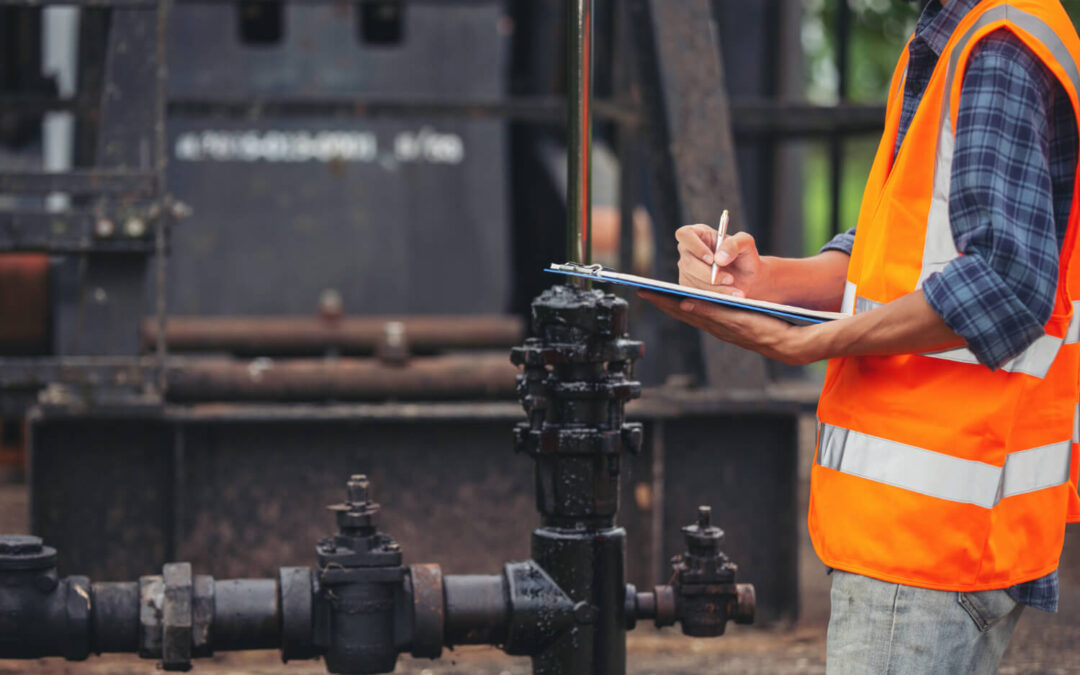Managing a project with a budget exceeding $1 billion is no small feat, especially in the pipeline industry, where the stakes are incredibly high. As Vice President of a Canadian pipeline company, I know very well that the ability to effectively manage cost and schedule is fundamental to a project’s success. This challenge is amplified when coordinating a workforce of over 2,000 employees while ensuring health and safety standards.
Cost overruns and delays are the biggest risks to any large-scale project. In the pipeline industry, unexpected expenses can quickly add up, leading to significant financial losses and potential damage to the company’s reputation. To avoid this, it’s essential to implement rigorous budgeting and scheduling practices.
A well-defined project schedule should include clear milestones and deadlines, and it must be regularly monitored to ensure the team stays on track. Using advanced project management software to track progress in real-time allows for prompt identification of potential issues before they escalate, enabling the team to make timely adjustments.
Managing a workforce of over 2,000 workers across multiple locations requires seamless coordination and communication. With such a large team, it’s vital to establish a clear chain of command and efficient communication channels. This ensures that everyone understands their roles and responsibilities, reducing the likelihood of misunderstandings and delays.
Implementing training programs ensures that workers are skilled, informed, and capable of delivering quality work. This investment in human capital can significantly improve productivity and reduce the risk of errors, which can lead to costly rework or delays.
In an industry as demanding as ours, the health and safety of employees are a top priority. A single accident can halt construction, result in severe financial implications, and, most importantly, put lives at risk. Therefore, strict adherence to safety protocols and regulations is non-negotiable.
By fostering a safety-first culture, conducting regular safety audits, and providing continuous training, we can significantly reduce the risk of accidents and incidents on-site.
We deploy a robust safety management system that includes real-time monitoring, safety drills, and regular audits. Every employee is taught to be responsible for maintaining strict safety standards.
Pipeline projects often involve collaboration with multiple stakeholders, including contractors, suppliers, regulatory bodies, union leaders, and local communities. Building and maintaining strong business relationships is crucial to keep projects running smoothly. These relationships can lead to more favorable contract terms, faster regulatory approvals, and a stronger reputation within the industry.
Maintain open lines of communication with all stakeholders, be transparent about the project’s progress, and address any concerns promptly. This approach builds trust and fosters long-term partnerships.
The job is not just about delivering a project; it’s about delivering it efficiently, safely, and in a way that sets a standard for excellence in our industry. We want each project to contribute to the prosperity and sustainability of our energy sector.
